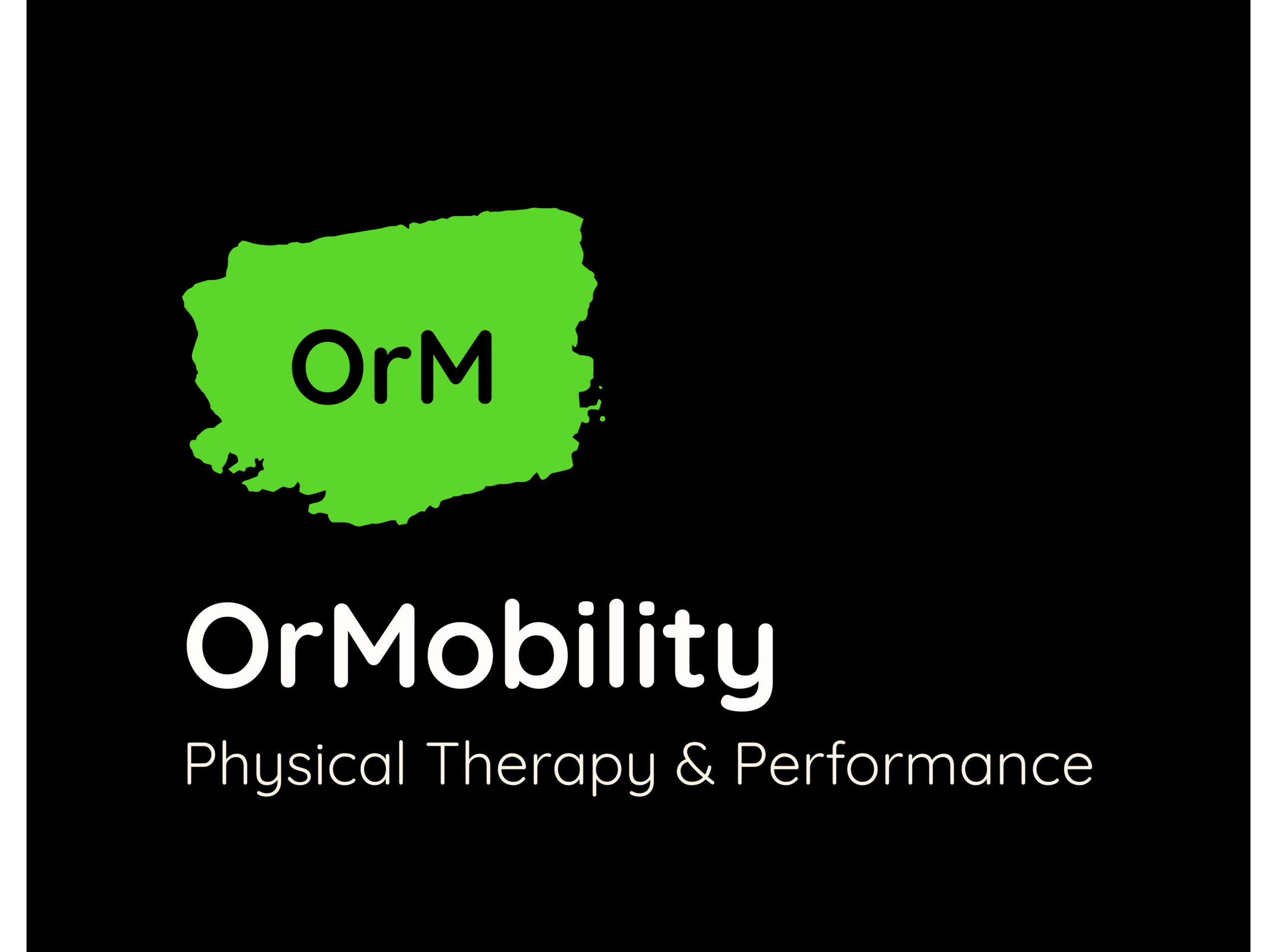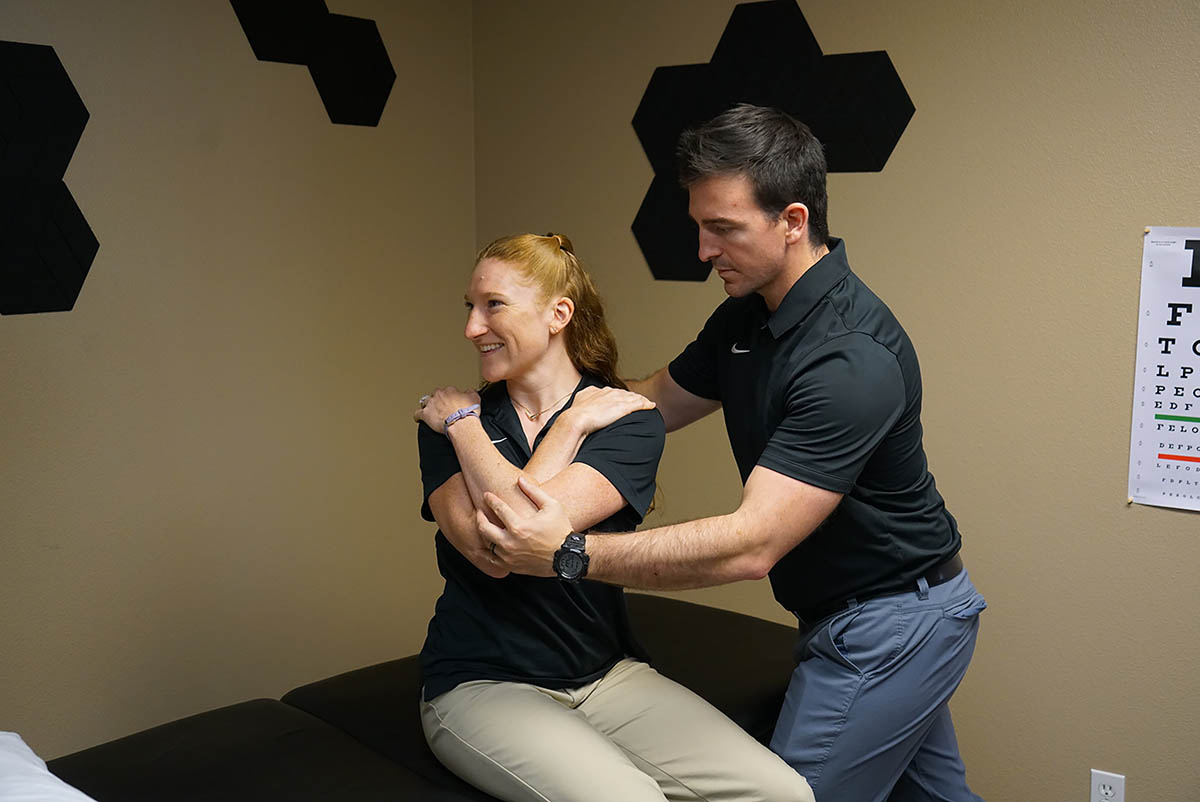Managing Inflammation After Surgery: A Comprehensive Guide
Surgery, while often necessary for improving health and addressing medical issues, can lead to inflammation as the body undergoes the healing process. At OrMobility Physical Therapy & Performance in Roseburg, Oregon, we understand the importance of managing inflammation after surgery to promote optimal recovery and overall wellness. In this blog post, we’ll discuss effective strategies for managing inflammation post-surgery, including movement, nutrition, sleep, and stress reduction techniques.
Understanding Inflammation After Surgery
Inflammation is the body’s natural response to injury or trauma, including surgical procedures. After surgery, the body initiates an inflammatory response to repair damaged tissues and promote healing. While inflammation is a crucial part of the healing process, excessive or prolonged inflammation can lead to complications and delay recovery.
The Role of Movement in Managing Post-Surgery Inflammation

Movement and physical activity play a vital role in managing inflammation after surgery. Here’s how:
- Early Mobilization: Encouraging early mobilization and gentle movement after surgery can help prevent complications such as blood clots and muscle stiffness. Movement stimulates blood flow, which aids in the delivery of oxygen and nutrients to the surgical site, promoting healing and reducing inflammation.
- Physical Therapy: Working with a physical therapist can provide targeted exercises and rehabilitation techniques to improve mobility, strength, and function after surgery. Physical therapy can help reduce inflammation, enhance tissue healing, and prevent complications.
- Gradual Progression: It’s essential to gradually progress movement and activity levels based on individual tolerance and surgical recovery. Pushing too hard too soon can exacerbate inflammation and delay healing.
The Impact of Nutrition on Post-Surgery Inflammation
Proper nutrition is crucial for managing inflammation and supporting the body’s healing process after surgery. Here are some dietary guidelines to consider:
- Anti-Inflammatory Foods: Incorporate foods rich in anti-inflammatory nutrients, such as fruits, vegetables, whole grains, nuts, seeds, fatty fish (like salmon and mackerel), and healthy fats (such as olive oil and avocado). These foods provide antioxidants and essential nutrients that can help reduce inflammation and support recovery.
- Protein-Rich Foods: Include lean sources of protein, such as poultry, fish, beans, lentils, tofu, and Greek yogurt, in your diet. Protein is essential for tissue repair and wound healing after surgery.
- Hydration: Drink plenty of water to stay hydrated, as adequate hydration supports the body’s healing processes and helps flush out toxins and waste products that contribute to inflammation.
- Avoid Inflammatory Foods: Limit or avoid foods that promote inflammation, such as processed foods, sugary snacks, refined carbohydrates, and trans fats. These foods can exacerbate inflammation and hinder the healing process.
The Importance of Quality Sleep in Recovery
Sleep plays a crucial role in the body’s healing and recovery process. Here’s how adequate sleep can help manage inflammation after surgery:
- Tissue Repair: During sleep, the body produces growth hormone, which promotes tissue repair and regeneration. Adequate sleep supports the body’s ability to heal after surgery and reduces inflammation.
- Immune Function: Sleep is essential for proper immune function. A lack of sleep can weaken the immune system, making the body more susceptible to infections and inflammation.
- Pain Management: Quality sleep can help manage pain and discomfort after surgery, reducing the need for pain medication, which can have inflammatory side effects.
- Sleep Environment: Create a comfortable sleep environment by keeping the room cool, dark, and quiet. Use supportive pillows or cushions to maintain proper body alignment and reduce discomfort.
Stress Reduction Techniques for Healing
Chronic stress can exacerbate inflammation and slow the healing process after surgery. Implementing stress reduction techniques can help manage inflammation and promote recovery. Here are some strategies to consider:
- Mindfulness Meditation: Practice mindfulness meditation to reduce stress and promote relaxation. Focus on deep breathing and being present in the moment to calm the mind and body.
- Yoga and Tai Chi: Engage in gentle yoga or tai chi exercises to reduce stress, improve flexibility, and enhance overall well-being. These practices incorporate breathwork and movement to promote relaxation and reduce inflammation.
- Progressive Muscle Relaxation: Practice progressive muscle relaxation techniques to release tension and stress from the body. Start by tensing and relaxing each muscle group sequentially, from head to toe.
- Social Support: Surround yourself with supportive friends, family members, or support groups who can provide emotional support and encouragement during the recovery process. Sharing your concerns and experiences with others can help alleviate stress and promote healing.
Conclusion: Holistic Approaches to Inflammation Management After Surgery

Managing inflammation after surgery requires a holistic approach that addresses movement, nutrition, sleep, and stress reduction. By incorporating gentle movement and physical therapy, consuming a balanced diet rich in anti-inflammatory nutrients, prioritizing quality sleep, and implementing stress reduction techniques, you can support the body’s healing process and promote optimal recovery.
At OrMobility Physical Therapy & Performance in Roseburg, Oregon, we are committed to helping our clients achieve optimal health and wellness through personalized coaching and support. If you’re recovering from surgery and seeking guidance on inflammation management, contact us today. Our team of experts is here to assist you on your journey to a speedy and successful recovery.
References:
- Gürsoy K, Toprak M, Narin SO, Gürsoy RT, Demirci H. The effect of movement on postoperative recovery after major surgical interventions: systematic review. J Clin Nurs. 2017 May;26(9-10):1152-1171. doi: 10.1111/jocn.13526. Epub 2017 Jan 30. PMID: 27889445.
- Calder PC. Omega-3 fatty acids and inflammatory processes: from molecules to man. Biochem Soc Trans. 2005 Jun;33(Pt 2):423-7. doi: 10.1042/BST0330423. PMID: 19442172.
- Besedovsky L, Lange T, Born J. Sleep and immune function. Pflugers Arch. 2012 Jan;463(1):121-37. doi: 10.1007/s00424-011-1044-0. Epub 2012 Jan 14. PMID: 22246436.


